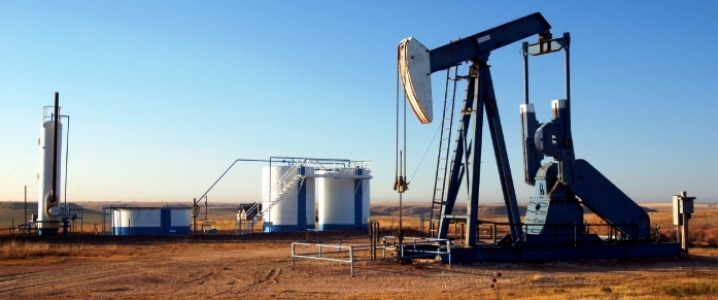Following a Budgets and Final Accounts Committee meeting on May 14, the National Assembly confirmed the revised timeline for the VAT introduction, citing a lack of technical and logistical readiness for mechanisms of work and tax calculation.
Meanwhile, Anas Khalid Al Saleh, deputy prime minister, minister of finance and acting minister of oil, said the implementation of an excise tax on select products such as tobacco, energy drinks and carbonated beverages, would go ahead as planned. The tax is expected to go before Parliament during its next session, which begins in October.
Originally, all six GCC states had agreed to implement a 5 percent VAT, as well as excise tax, by 2018. However, to date the tax has only been brought in by Saudi Arabia and the UAE.
While no official announcement has been made by Oman, Bahrain or Qatar, all three are expected to postpone introduction of the VAT to 2019, according to media reports.
Increased oil prices discourage VAT implementation
Kuwait has among the strongest state finances in the region but is also the most oil-dependent GCC country, with hydrocarbons constituting some 60 percent of GDP. Successive cuts to output in a low-oil-price environment – $28 per barrel in 2016 and an average of $50 per barrel in 2017 – weighed on public finances, prompting the authorities to consider tax reforms to shore up its fiscal position.
Related: Explaining The Double Digit WTI Discount
However, recent oil price rises have made the need for tax revenues less immediate. World oil prices spiked by nearly 20 percent over the first months of 2018, up more than 40 percent over the past 12 months.
However, by postponing the reforms, Kuwait’s economy could be vulnerable to future fluctuations, prompting some to suggest that policy should not be swayed by the changing conditions in the hydrocarbons market.
Even with high oil prices, the country’s fiscal position will take time to recover from previous losses. According to the IMF, Kuwait still requires financing to cover its fiscal deficit, which is calculated at $16.7bn, or 13.5 percent of GDP in 2018.
Introduction of the excise tax is expected to bring $663m in revenues, while the VAT would add $2bn to state coffers, equivalent to around 1.6 percent of GDP, according to State Treasury estimates.
Furthermore, Kuwait will need $100bn of additional financing over the next five years as mandated contributions to its Future Generations Fund, according to the IMF. With VAT postponed, the country must look to other finance-raising options.
Moving to secure other non-oil sources of revenue
While the economy remains exposed to fluctuations in commodity prices, growth in the non-oil economy is steadily increasing, a sign that Kuwait’s diversification plans are moving forward.
The non-oil economy grew by 3.3 percent last year, and the government plans to increase its contribution this year, in large part through boosting private investment and foreign participation in the continued roll-out of large-scale development projects.
Related: Goldman: The Oil Price Rally Isn’t Over Yet
Notably, in March the Kuwait Investment Forum laid out the Northern Gulf Gateway mega-project, which aims to attract up to $200bn in foreign direct investment and create 300,000 to 400,000 knowledge-based jobs, according to local media reports.
Public-private partnerships (PPPs) are being used as a vehicle to attract investment to the country and a range of tax incentives are available, including 10-year tax holidays and Customs exemptions for certain imports.
The Kuwait Direct Investment Promotion Authority has also set up a scoring system to assess the issuance and approval of investment licenses.
“PPPs can bring several benefits to Kuwait’s economy, not only by reducing government expenditures but also in increasing investments, stimulating economic growth and generating employment,” Prime Minister Sheikh Jaber Al Mubarak Al Hamad Al Sabah, told OBG in an interview last year.
Although the moves to encourage investment will help support an increase in non-oil revenues, further work will be necessary to ensure the economy develops greater resilience to commodity price fluctuations.
By Oxford Business Group
More Top Reads From Oilprice.com:
- Rosneft Throws OPEC For A Loop, Boosts Output By 70,000 Bpd
- World’s Largest EV Battery Maker Sees IPO Valuation Plummet
- Why Aren’t Permian Oil Producers Profitable?


















